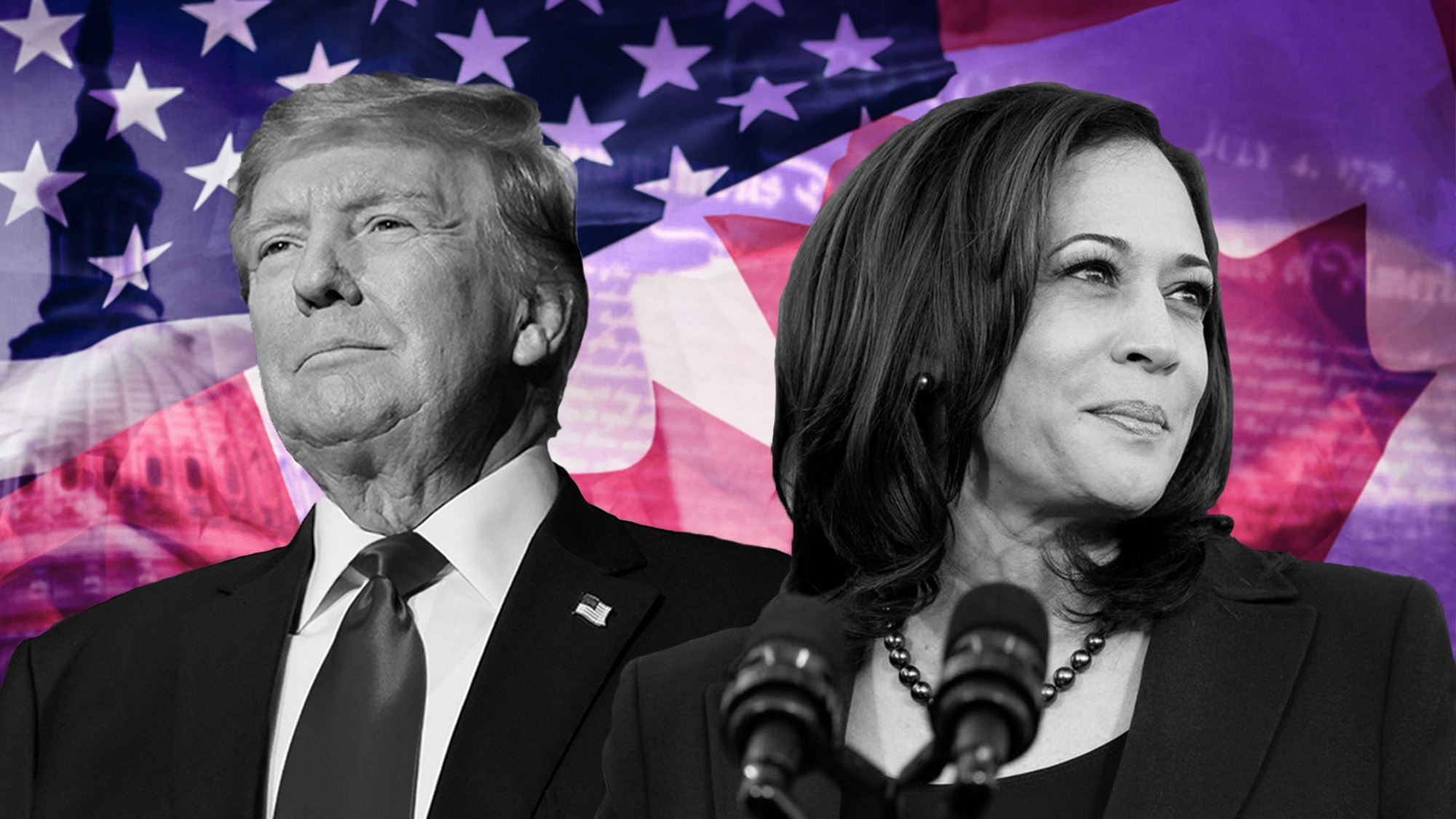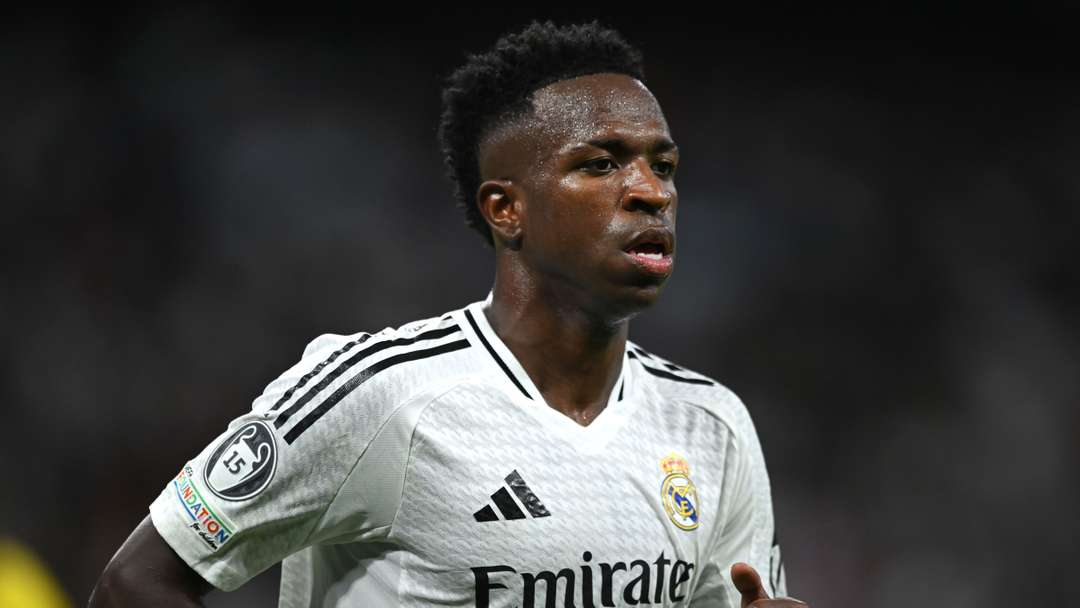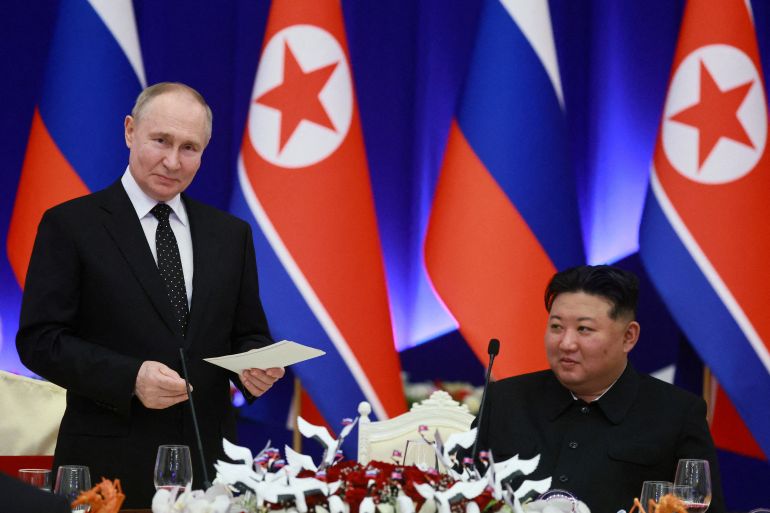As the 2024 U.S. presidential election approaches, a significant question arises: who do world leaders prefer—Kamala Harris or Donald Trump? The preferences of global leaders can provide insight into international relations and potential shifts in foreign policy, shaping the geopolitical landscape for years to come.
Kamala Harris: A Fresh Perspective
Vice President Kamala Harris represents a more progressive and diplomatic approach to foreign policy. Leaders around the world often view her as a champion for social justice, climate action, and human rights. Countries that prioritize these values, particularly in Europe and parts of Asia, might lean towards Harris, anticipating a continuation of the multilateral engagement seen during the Biden administration.
Harris’s background as a former attorney general and her focus on collaboration in international forums could resonate with leaders seeking stability and a renewed commitment to alliances like NATO and the Paris Agreement. Furthermore, her stance on issues such as immigration and trade may be more favorable to nations that value equitable partnerships.
Donald Trump: A Bold and Unconventional Approach
On the other hand, Donald Trump’s presidency was marked by an “America First” policy, which appealed to a segment of the global population. Some world leaders appreciated his straightforward, albeit controversial, approach to international relations. Trump’s focus on national sovereignty and economic protectionism may resonate with leaders in countries prioritizing similar agendas.
However, Trump’s unpredictable nature and withdrawal from international agreements have left some leaders cautious. His past administration’s strained relationships with allies might lead to a preference for Harris, who is likely to prioritize building and maintaining those crucial international alliances.
Leaders’ Preferences and Political Implications
Surveys and informal discussions suggest a varied landscape of preferences among world leaders. European leaders generally lean towards Harris, valuing continuity in addressing climate change and global health issues. In contrast, some leaders in Asia and Eastern Europe, who appreciated Trump’s strong stance against China and immigration policies, might view a return to his leadership more favorably.
The differing styles of Harris and Trump also reflect contrasting visions for America’s role in the world. A Harris presidency could mean a re-engagement in multilateral diplomacy, while a Trump presidency may signal a return to a more isolationist and confrontational approach.
Conclusion: The Global Stakes
As the election draws nearer, the preferences of world leaders will play a pivotal role in shaping public opinion and the narratives surrounding each candidate. While Kamala Harris may embody a vision of cooperation and shared global challenges, Donald Trump represents a more nationalist and unconventional approach. Ultimately, the decision of the American electorate will not only determine the future of the United States but also the dynamics of international relations for years to come.
In this high-stakes political environment, the voices of world leaders could serve as a barometer for the global community’s expectations and concerns, highlighting just how interconnected our world has become.












Leave a Reply